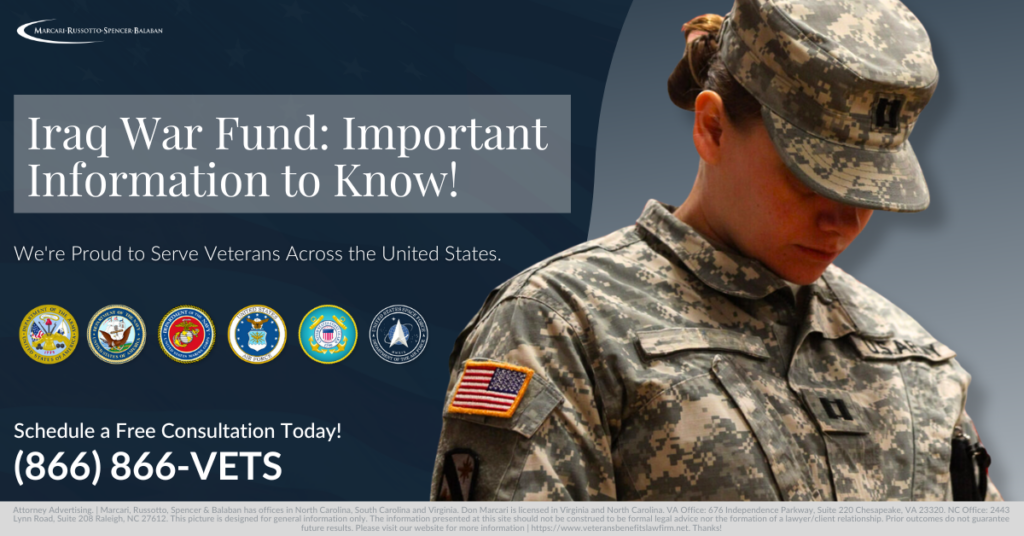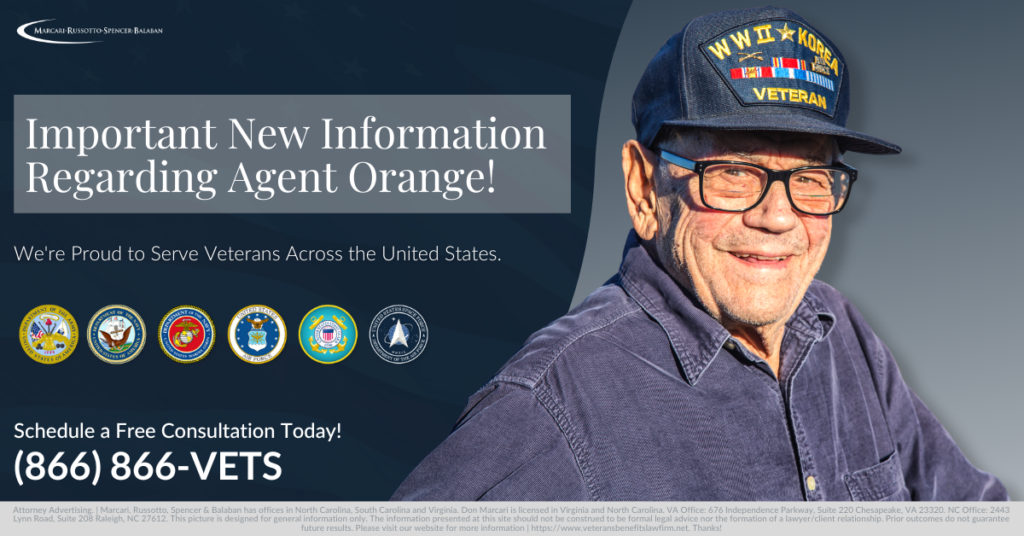Veteran populations across all age groups exhibit a higher likelihood of engaging in binge drinking or alcohol abuse compared to their civilian counterparts.
However, they also display a slightly greater willingness to seek assistance for these issues, according to recent research unveiled this week by the RAND Corporation.
The discoveries from the RAND Epstein Family Veterans Policy Research Institute build upon previous investigations into the elevated rates of alcohol abuse within the military, underscoring that these challenges persist even after service members transition to civilian life.
Distinctly, no analogous issues arose concerning other potential substance abuse problems.
Federal data indicates that the incidence of illicit drug use, opioid misuse, marijuana abuse, or drug use disorders remains consistent between Veterans and non-Veterans in recent years.
Nonetheless, alcohol abuse remains a persistent concern within the Veteran community.
The study reveals that nearly 23% of Veterans surveyed in federal studies admitted to binge drinking in the past month, defined as four or more drinks in a day for women and five or more drinks in a day for men. Approximately 5% reported suffering from an alcohol use disorder.
The report underscores that “Veterans consistently exhibited higher rates of alcohol use disorder than non-Veterans in every age group.” This discrepancy is most evident within the youngest and oldest age groups. More than 45% of Veterans between the ages of 18 and 34 acknowledged binge drinking within the last month, in contrast to roughly 37% of their non-Veteran peers.
Among Veterans aged 65 and older, almost 3% disclosed an alcohol use disorder, nearly twice as many as non-Veterans in the same age bracket (1.5%).
Veterans who served in the Post-9/11 era were found to be more likely to report binge drinking issues (37%) than their older counterparts (20%), as noted by the researchers.
Officials within the Veterans Affairs system have consistently warned of the connection between substance abuse and lingering mental health challenges stemming from military service.
Materials distributed by the National Center for Post-Traumatic Stress Disorder in their outreach efforts caution that individuals may resort to drugs to aid their sleep, relaxation, or avoidance of difficult situations.
However, this can exacerbate symptoms of post-traumatic stress disorder (PTSD). The RAND researchers did find encouraging signs in Veterans’ proclivity to seek help for substance abuse problems.
The report highlights that “for every age group, Veterans were more likely than non-Veteran peers to have received alcohol/drug treatment.”
Once again, this distinction is most pronounced among the youngest and oldest groups.
Approximately 3% of Veterans aged 18-34 sought alcohol or drug abuse treatment within the past year, compared to 2% of the general population.
The rate for Veterans over 65 was nearly double that of their civilian counterparts, though both figures remained below 1%.
The study further reveals that women and LGBTQ Veterans are more susceptible to alcohol abuse issues compared to their heterosexual male counterparts.
These groups are also more likely to report high levels of serious psychological distress and thoughts of suicide.

Iraq War Fund: Important Information to Know!
Listen to a Full Summary of This Blog Post! What is The Iraq War Fund? The Iraq War Fund, established under the Anti-Terrorism Act, works








